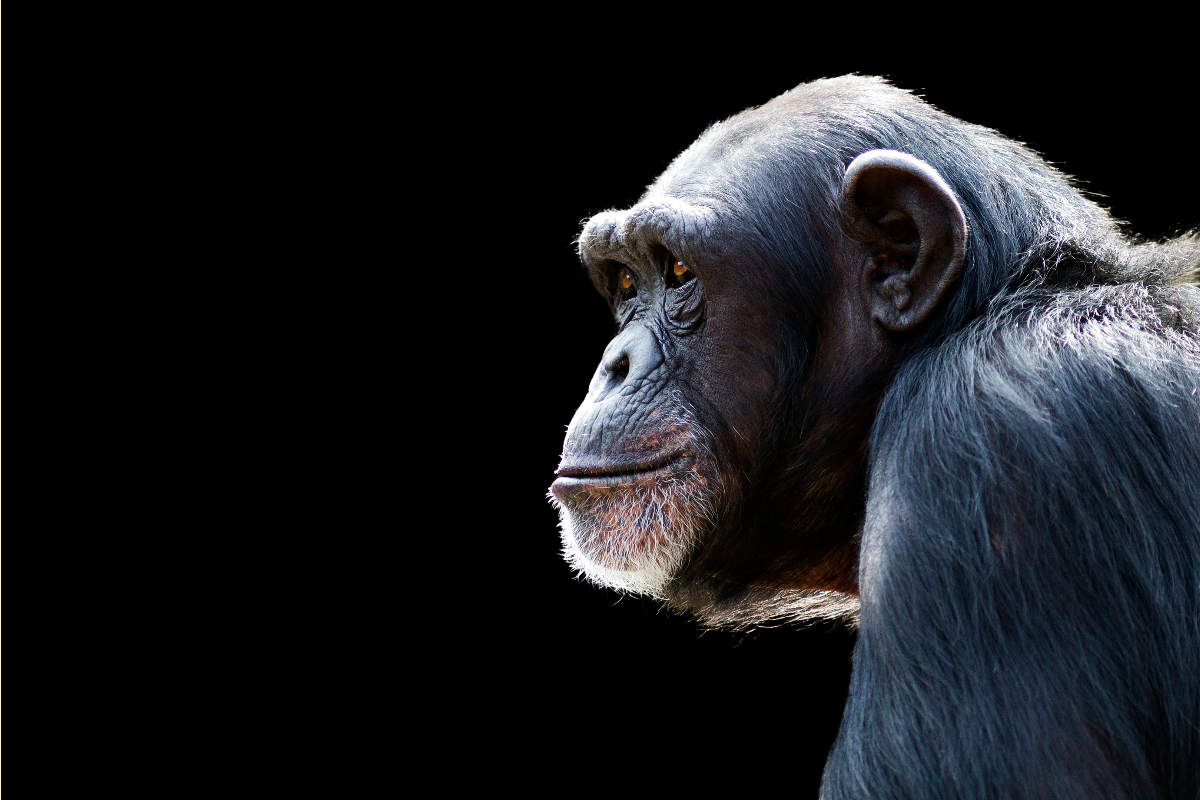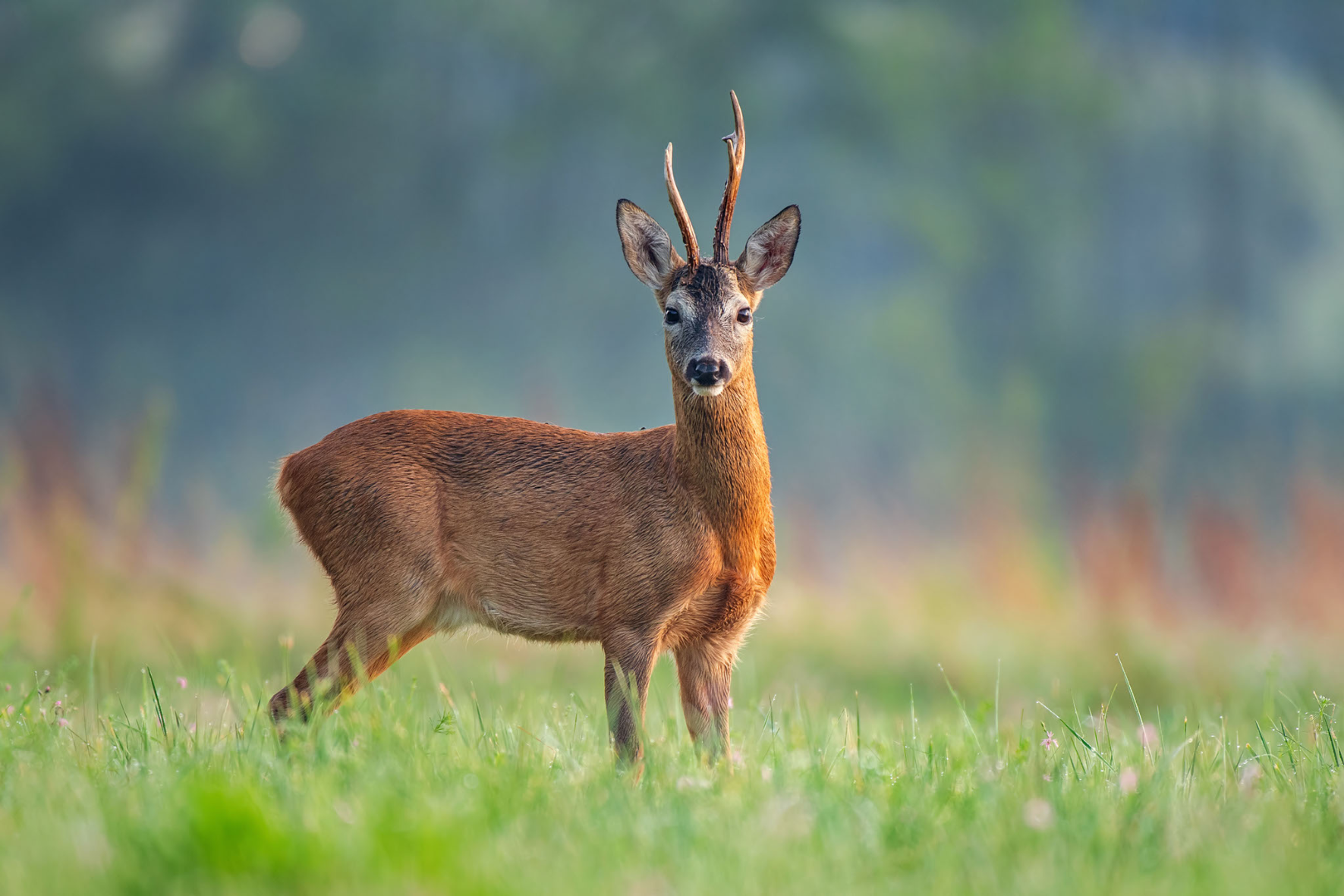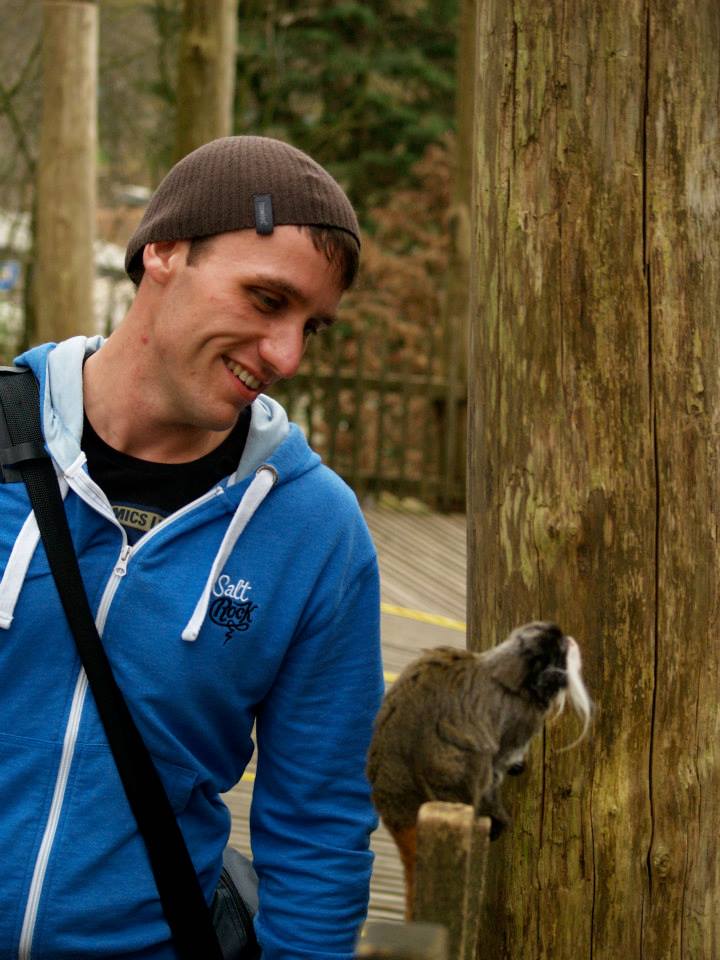
If you continue browsing this website, you agree to our policies:
x
Section outline
-


-
Full and Part-time Courses Starting September 2025
-
Full and Part-time Courses Starting September 2025
-
If you would like a copy of the Module Handbook, please click the link above.
-
QGIS is a geographic information system (GIS) software that is free and open-source. It supports viewing, editing, printing, and analysis of geospatial data in a range of data formats.
-
Explore the frontiers of science! New Scientist is one of the world’s most popular weekly science and technology publications. Their website, app, and print editions cover international news from a scientific standpoint, and ask the big-picture questions about life, the universe and what it means to be human.
-
Discover things to see, hear and do by taking a look at Discover Wildlife.
-
Watch live webcams of different animals around the world.
-
The Universities Federation for Animal Welfare (UFAW) is an animal welfare science society. It is a UK-registered scientific and educational charity. UFAW works to improve animals' lives by promoting and supporting developments in the science and technology that underpin advances in animal welfare.
-
Using the link above, search for 'Behaviour' to select from the 300+ 15-minute talks.
-
Delve into the topic issues in zoology, conservation and the environment with the ZSL podcasts.
-
View the Wildlife Photographer of the Year competition, Wildlife Tragedy category and reflect on the emotions images can trigger.




